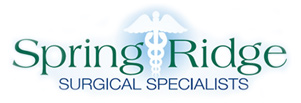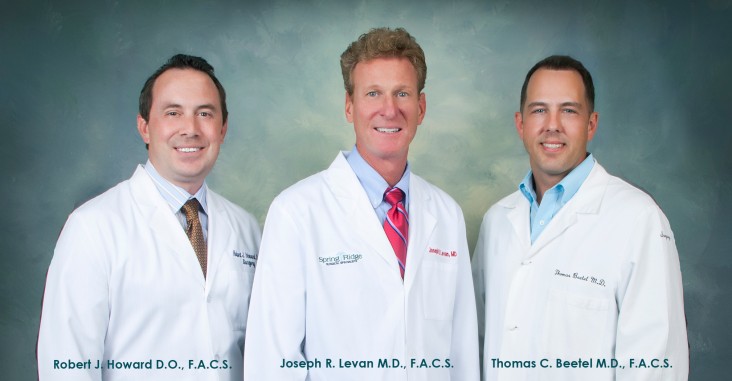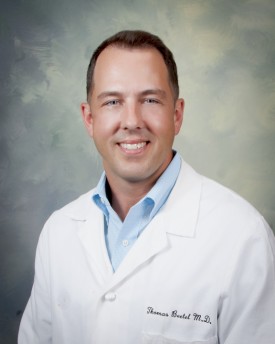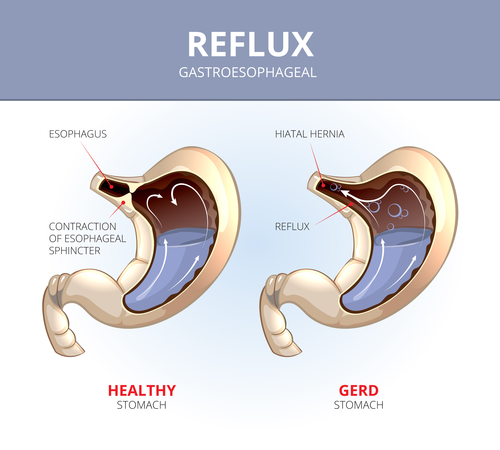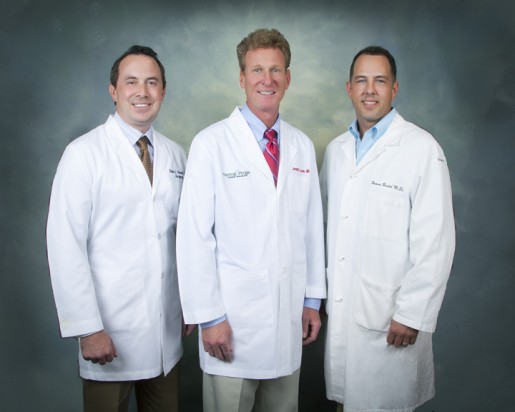Summertime Foods Often Aggravate Reflux
With summer cookouts in full swing, Spring Ridge Surgical Specialists would like to share some insight into what might cause that post-barbeque digestive discomfort.
As we shared in a previous post Evaluation of Reflux: Providing Best Treatment by Targeting the Cause, reflux occurs when digestive acids in the stomach flow backwards – or “reflux” – up into the esophagus. Unfortunately, some of the season’s favorite foods can cause that uncomfortable burning sensation in the chest that is hard to ignore. The good news, however, is relieving the discomfort of reflux may be as easy as cutting back on or avoiding foods that aggravate the digestive tract.
Identifying and Eliminating Aggravating Foods a Great First Step
Generally, highly acidic or difficult to digest foods are the main offenders contributing to reflux. Tomato sauces, fatty or greasy foods, wine/liquor, chocolate and citrus juices are particularly prone to creating painful bouts of reflux. Reducing the intake of these foods is a great way to proactively manage the discomfort of reflux without the use of medication.
If you still experience the pain of reflux even after eliminating certain foods, you may want to be evaluated for reflux by a physician. Dr. Thomas Beetel, Dr. Robert Howard and Dr. Joseph Levan of Spring Ridge Surgical Specialists each provide evaluation and surgical treatment for reflux disease. To contact our office, please call 610.375.0500.
